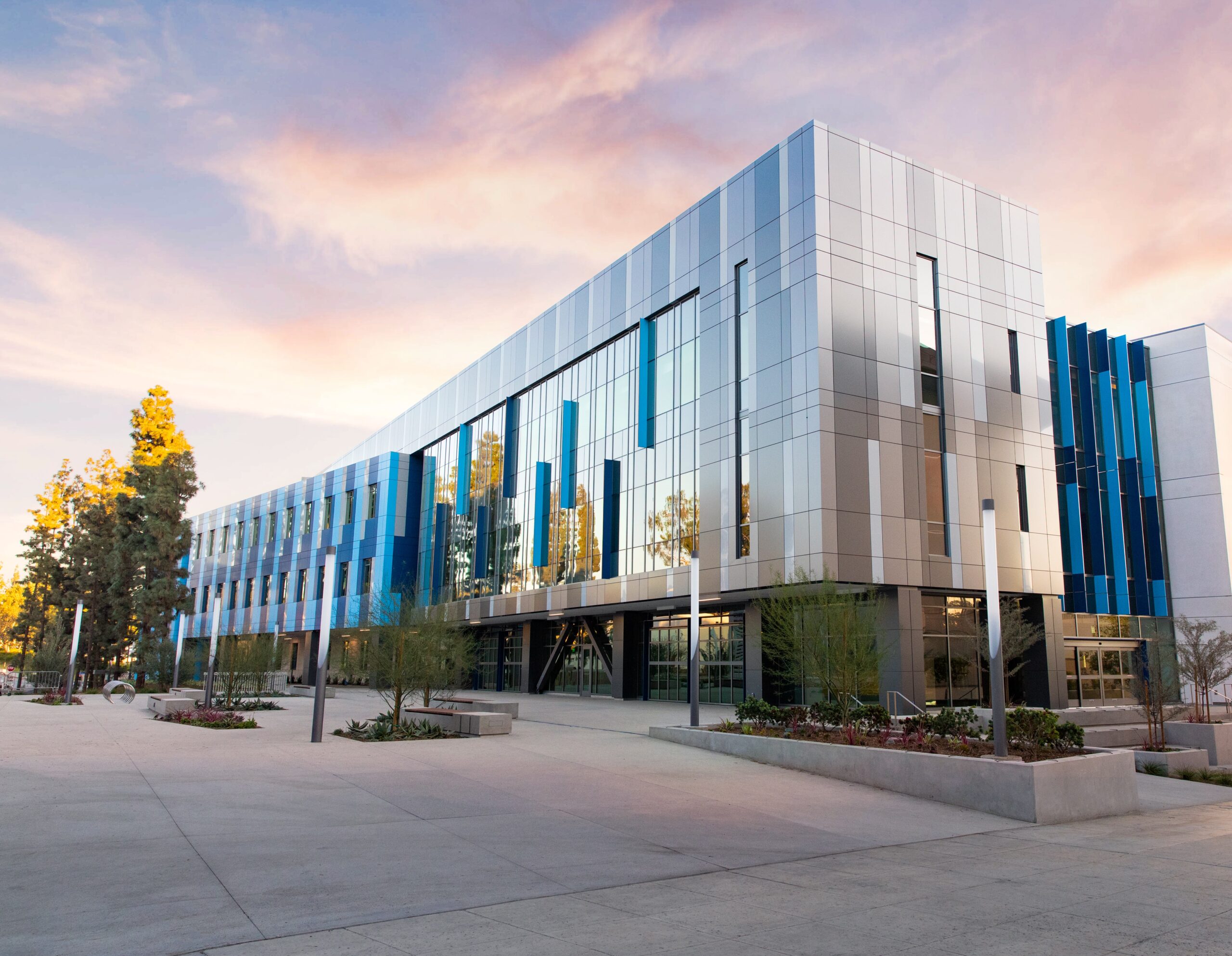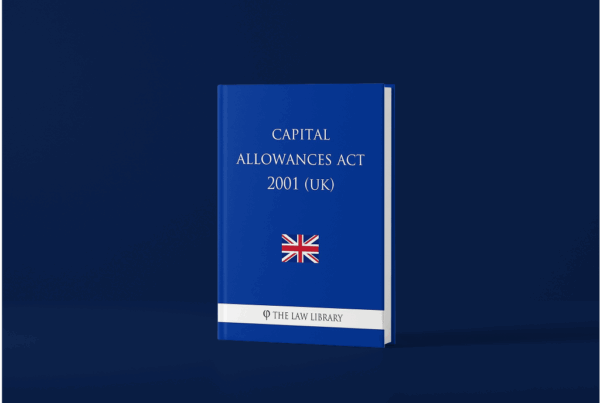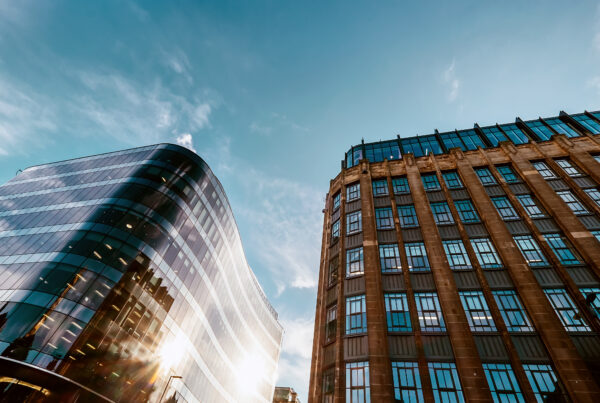For months, Inflation has been one of the most hot button and talked about subjects across the business world. The pandemic, the subsequent lockdowns, supply chain disruptions (such as the 2022 Chinese lockdown and the war in Ukraine), as well as monetary and fiscal policy decisions have all had a seismic impacts on inflation within the UK, and around the globe.
We are starting to see some impact on consumer spending, particularly on discretionary items as well as commodities like food and fuel. But what about commercial property? Is inflation impacting this sector?
Whilst it may not seem it, the concept of inflation is complex and difficult to measure.
It is important to understand how inflation works and how it can affect the UK commercial property sector.
Inflation is a measure of price rises over time. To provide an accurate inflation figure, the Office for National Statistics (ONS) looks at money spent on a selection of goods and services (known as the basket). The ONS then calculates which items have increased in price over time, and by how much they have done so. This data is used to calculate what is known as the Consumer Price Index (CPI), which measures changes in prices over time for households that purchase products from all sectors – such as food, transport, and clothing – across the UK.
The CPI has two main uses: it indicates whether average incomes are rising or falling; and it provides information about changes in consumer spending patterns over time (with reference to previous years). The ONS publishes this data every month on their website alongside other important economic indicators such as Gross Domestic Product (GDP).
Inflation in the UK has generally been on a rising trend since 2000.
Inflation is a general increase in prices of goods and services and is measured by the consumer price index (CPI), which measures the cost of living. The CPI indicates that inflation has generally been on a rising trend since 2000, although it fell back slightly in 2017 due to stronger global oil prices causing oil-related products to be less expensive.
On average, inflation affects different types of products differently; for example, when there’s more demand for a product than supply, its price will rise relative to other products (for example if there’s little rain so farmers have low yields). Conversely if there’s too much supply for demand then prices will fall relative to other products (for example if there’s too much rain resulting in large harvests).
1) Residential and Commercial property sectors are also being impacted
In the UK, inflation is a measure of the cost of living. It is defined as an increase in the price of goods and services which increases over time. Inflation can be good or bad for an economy, but it’s viewed in a negative light nowadays because people typically tend to save money instead of spending it on consumer goods due to low interest rates – this causes companies’ profits to decline and may impact on your investment.
2) Inflation is making landlords more reliant on the fundamentals.
Inflation is a growing trend that has been affecting the UK commercial property sector. The increase in inflation has an effect on many aspects of life, including the cost of living for businesses, hiring staff and renting, buying or improving on commercial properties. It is important to consider this when making decisions about where your business will operate from.
If you are a landlord, then inflation could have a positive impact on your business. If the cost of goods and services increases, you can increase your rent prices to compensate for this. Inflation often means that the value of land will also increase over time, so if you are investing in commercial property for financial gain, then inflation could be beneficial.
However, history shows us that there are many other factors that have an impact on rental yields, which become more important during periods of economic uncertainty. These include:
- Location – Where exactly is the property situated? Is it close enough to public transport links or near desirable areas? These factors can affect how much people are willing to pay within certain areas.
- Demand – How busy is the area at certain times throughout the year? As household incomes becomes tighter spending habits will change, which may impact your commercial investment.
- Supply/Availability – How many different types/sizes/styles of property do we have available right now? A shortage may mean higher prices but also less competition between landlords who offer similar assets nearby.
3) Inflation has increased the cost of living significantly in the UK and with it, the cost of renting commercial property.
If you are a landlord, you may have no choice but to increase rents.
Rents are increasing much faster than inflation and wages, so landlords have little choice but to increase their rents in order to cover their costs.
This means that commercial property is becoming less affordable for tenants; the gap between the cost of renting commercial property and what people can afford to pay is widening.
Conclusion
So, is inflation impacting the UK commercial property sector? In short, yes. But it’s not all doom and gloom. While inflation has increased, so have rents: if landlords can keep up with market demand, they should be able to continue raising rents while still achieving a return on their investment.
With a little luck and planning ahead – such as ensuring that all fixed costs are covered and claimed via a Capital Allowance Claim – commercial property owners can mitigate any negative impact caused by rising prices for goods and services.




